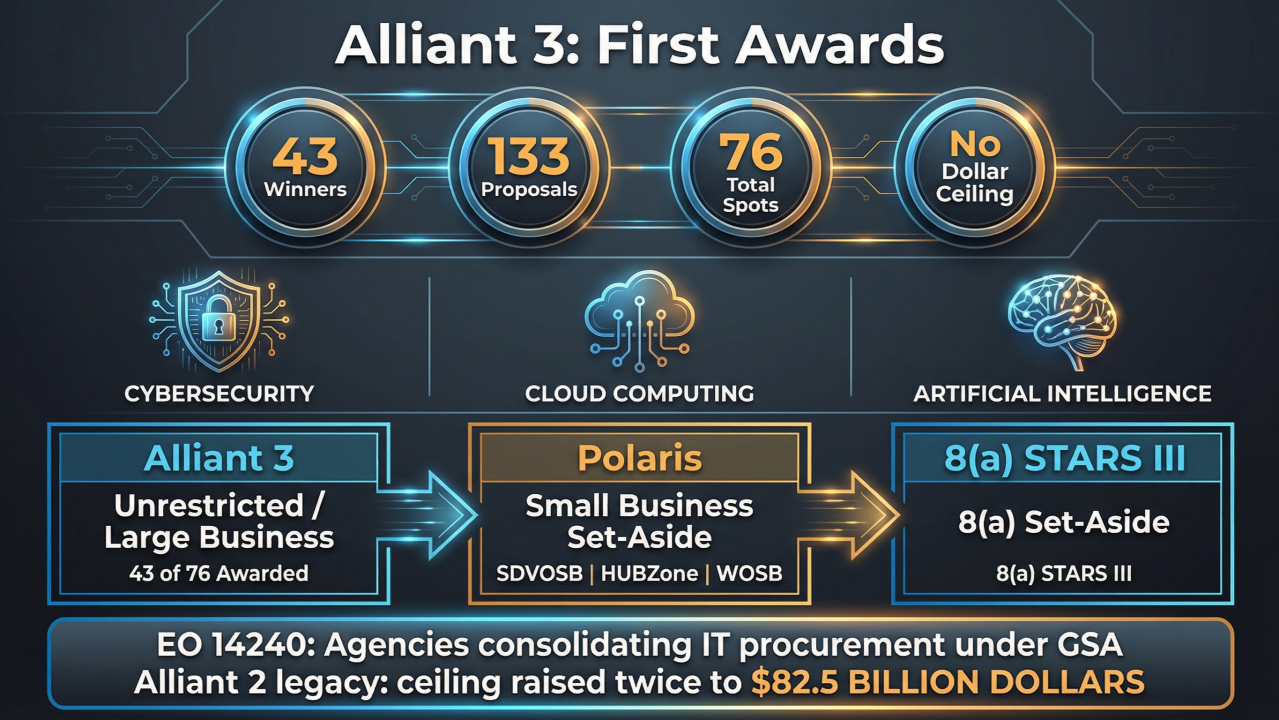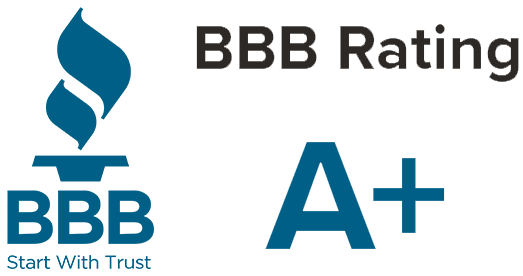7 Red Flags It’s Time to Upgrade Your GovCon Accounting Software
For growing government contractors, an outdated accounting system isn’t just inefficient—it can be a threat to your business. Whether you're using QuickBooks or a legacy ERP, failing to adapt your systems as you scale can lead to compliance failures, cash flow issues, and missed growth opportunities.

At Rose Financial Solutions (ROSE), we frequently encounter companies that wait too long to address accounting system limitations. By the time they approach us, many are already dealing with invoicing backlogs, DCAA compliance issues, and inefficient manual processes. Recognizing the signs early can save your organization time, money, and risk.
In a recent ROSE Mastermind session, Ted Rose and Wally Angel broke down the key moments when GovCons need to consider a system upgrade. Here are seven warning signs it might be time to upgrade your government contractor accounting system:
1. Cost-Reimbursable Contracts Require DCAA-Compliant Accounting
"An organization may have been issued their first cost reimbursable type agreement," said Wally Angel, VP of Finance & Accounting at ROSE. "That’s a key point at which an organization may need to evaluate its system."
Cost-reimbursable contracts require detailed tracking and reporting of actual costs, and failure to comply with FAR standards and DCAA guidelines could result in disallowed costs, delayed payments, or contract termination. While Quickbooks can be part of a DCAA approved accounting system, entry-level software like QuickBooks often lacks the controls, automated processes and audit trails needed to meet these rigorous requirements. If you're pursuing more complex federal contracts, upgrading to an ERP system designed around working with the federal government system such as Procas Unanet, Jamis, or Costpoint is essential for being able to scale and enhance compliance.
2. Reporting Outside the System Signals Risk
"When organizations find themselves doing more and more reporting outside of the system… building spreadsheets and manual processes, that's another key point," said Wally.
If your team is constantly exporting data to Excel, that’s a sign your current GovCon accounting system isn’t keeping up. Manual reporting slows decision-making and introduces risk. A cloud-based ERP system for government contractors should centralize and automate financial reporting, delivering real-time data to leadership and ensuring audit-readiness. Spreadsheets can serve a purpose, but they should never be the foundation of your compliance and decision-making infrastructure.
3. Lack of Visibility Across Contracts and Divisions
If you can’t easily track project performance, indirect rates, or labor distribution by contract, task order, or division, your accounting software is limiting your growth. As Ted Rose noted, "Business leaders who implement a new accounting system really want faster and better information."
Modern ERP solutions for government contractors empower CFOs and COOs to make strategic decisions with confidence. Full visibility into contract profitability and compliance metrics is essential for growth-focused GovCons. Without it, you're managing blindfolded and unable to optimize operations, forecast cash flow, or course-correct before issues arise.
4. Duplicate Data Entry and System Silos
"Not always identifying opportunities for integration between systems or the opportunity to eliminate redundancies is a mistake we see," Wally warned.
If your timekeeping, payroll, billing, and project systems don’t talk to each other, your team is wasting hours re-keying data and exposing the business to errors. An integrated, DCAA-compliant ERP system eliminates silos, improves accuracy, and provides a single source of truth for your financial data. Integration also allows for automation across approval workflows, timesheet validation, and expense tracking all critical for streamlining audit readiness.
5. Cash Flow Disruptions Due to Invoicing Delays
"As our clients get more complex contracts, their invoicing becomes more intricate oftentimes including subcontractor costs and indirect rates which leads to delays in invoicing and ultimately cash collection," said Wally.
Federal government contracts require accurate and timely invoicing through systems like WAWF or IPP. If your accounting platform can’t generate compliant invoices or automate the billing workflow, your cash flow can suffer. Invoicing delays lead to delayed payments and strain your working capital. A purpose-built ERP for government contractors allows you to invoice promptly, accelerate collections, ensure vendors are paid timely and manage cash flow proactively.
6. Your Accounting Software Is Outdated
Ted shared a compelling stat: "About 75% of companies have an ERP or accounting software that's been in place for over 5 years… and over 80% of CFOs are considering a change."
If your software hasn’t kept up with federal compliance requirements, cloud integration, or automation features, it’s no longer serving your needs. Software that doesn’t evolve can introduce risk and inefficiency. Many older systems also lack robust user access controls, audit logs, and built-in compliance checks that modern ERPs provide. Migrating to a modern system reduces the overhead of workarounds and can future-proof your finance operations.
7. You’re Planning for Growth, M&A, or an Exit
"Having clean data and scalable systems was the reason one of our clients was able to go from startup to 250 employees and successfully sell," Wally explained.
Whether you're pursuing an M&A transaction, private equity investment, or preparing for an IPO, your accounting infrastructure must withstand due diligence. DCAA-compliant systems support transparency, performance reporting, and audit readiness, which are key factors in maximizing valuation. Sophisticated buyers expect detailed financial information and profitability at the contract level, the ability to accurately forecast future performance, and automated controls. Having the right system in place signals operational maturity.
What to Ask Before Upgrading Your ERP
Before making a change, ask:
- Is my current system scalable for 2x or 5x growth?
- Can it handle cost pools, indirect rates, and DCAA-compliant accounting and timekeeping?
- Does it provide real-time reporting to project managers?
- Is it integrated with payroll, HR, and billing platforms?
If the answer is "no" to two or more of these questions, it’s time to evaluate alternatives.
Final Word: Don’t Wait for a Compliance Crisis
"You should really be focusing on what the end point is as opposed to where an organization is currently," Wally emphasized.
The decision to upgrade your GovCon accounting system is more than a technical change, it is a strategic investment in financial clarity, contract performance, and long-term growth. Early action leads to smoother implementations, fewer disruptions, and more accurate financials.
At ROSE, we don’t just recommend software. We partner with you to build the right Finance as a Service (FaaS) solution based on your stage of growth, contract type, and compliance needs. Our phased implementation approach ensures you don’t disrupt payroll, billing, or audit prep during the transition. ROSE is also equipped to manage your accounting system after implementation to ensure your financial back office operates seamlessly.
Schedule a call with ROSE to explore how we can build a DCAA-compliant Finance as a Service solution for your needs.
Explore more:
Share this article:
Visit Us On:




